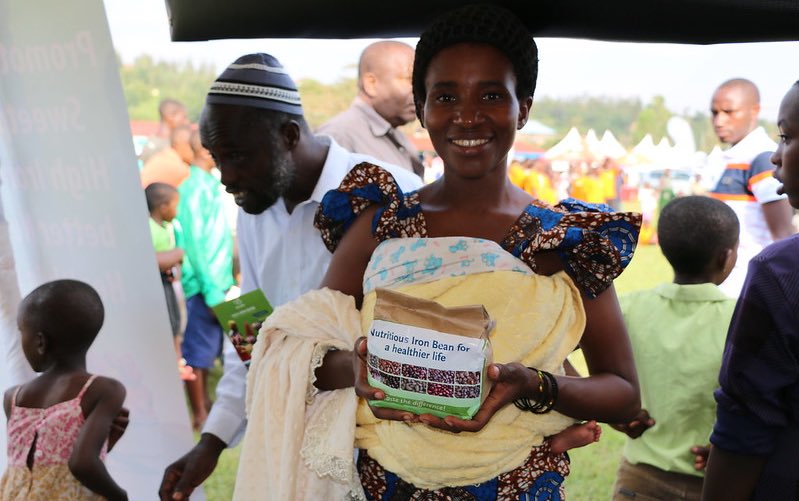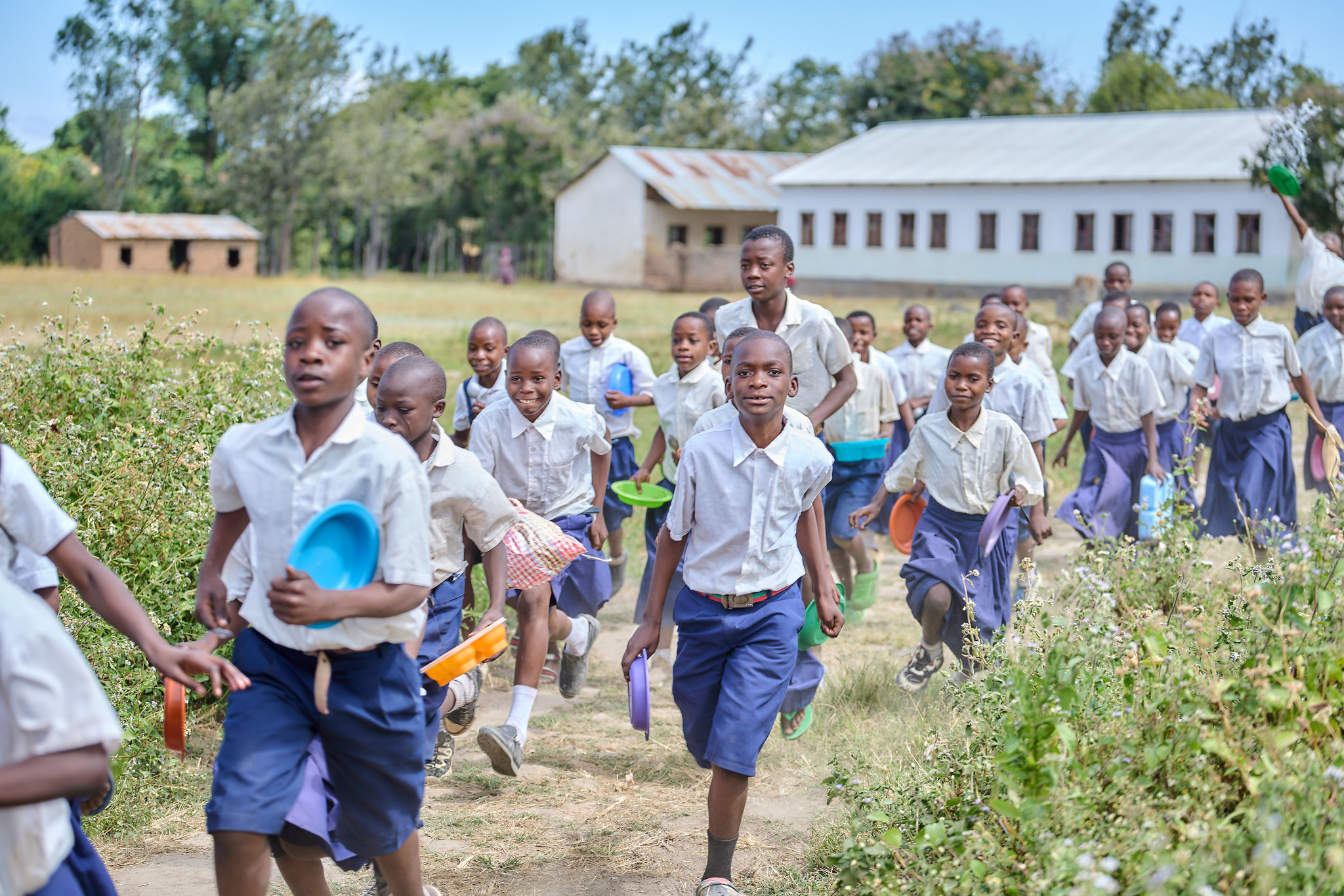Deficiency in key dietary micronutrients remains a significant nutrition problem in low- and middle-income countries—especially in Africa south of the Sahara—despite decades of efforts by the global health community. The most common micronutrient deficiency is caused by lack of absorbable iron in the diet, which can often lead to anemia and other serious health impacts such as impaired mental development and learning capacity, and chronic weakness and fatigue.
These impacts are especially prevalent among women of childbearing age, who are at higher risk of iron deficiency and anemia due to menstruation and the high iron cost of pregnancy and delivery. If anemia becomes severe, it can increase the risk of poor pregnancy outcomes and even death in women as well as children. Micronutrient deficiencies also affect the ability to work. For example, a study by the Asian Development Bank and UNICEF found that iron deficiency-related anemia results in a 17% reduction in the productivity of workers doing heavy physical labor and a 5% reduction in those doing moderate physical work.
In a new study in the Journal of Nutrition, we show that iron-deficient women in Rwanda who were provided iron-biofortified beans improved their ability to perform physical work. This is the first study to show that changes in iron status from consuming a food-based iron intervention (iron-biofortified beans) can produce meaningful changes in physical performance.
The current study is the latest in a series based on a randomized controlled trial in Rwanda in which we provided iron-biofortified beans for 6 months to iron-deficient women and examined their iron status, cognitive function, and physical performance before and after the intervention. In 2016, we reported that women who consumed the iron-biofortified beans improved their iron status compared to the women who received standard beans. Then in 2017, we found that these same women showed improved cognitive performance, i.e. tasks involving memory or processing speed, after consuming the biofortified beans.
The impacts of micronutrient deficiencies on work is not just an issue of individual health and livelihood; the problem also affects communities and entire economies. Widespread micronutrient deficiencies in a country can lead to direct reductions in national economic productivity. A study from China showed that iron deficiency was responsible for an estimated 3.4% reduction in the Chinese gross national product in the mid-1990s, while another study showed that iron deficiency accounts for an annual $5 billion loss in the overall South Asian economy.
For all these reasons, reducing the burden of iron deficiency has become a public health priority around the world. Several strategies are currently employed, including fortifying commercial foods with iron, providing iron supplements, and encouraging the consumption of a wide variety of plants and animal foods to obtain sufficient iron and other essential nutrients through the diet.
These strategies, alone and in combination, are all effective methods for addressing iron deficiency for a large portion of the affected population. Indeed, multiple studies have shown that giving iron supplements to iron-deficient women can resolve their condition and subsequently improve their ability to perform strenuous or mild exercise or physical tasks.
However, low-resource and rural populations often lack access to or cannot afford fortified food products or dietary supplements. In order to reach these populations not served by other interventions, biofortification is used to increase the micronutrient content of widely consumed, relatively cheap staple foods through conventional plant breeding or agronomic methods (i.e. the application of fertilizers).
HarvestPlus and several international and national agricultural research centers have developed and distributed iron-biofortified beans in a number of countries. In Rwanda, which has one of the highest per capita levels of bean consumption in the world, iron bean releases began in 2012, and they currently account for one fifth of beans produced in the country.
What do the results mean beyond nutrition?
Our study found that the increases in markers of iron status in women who consumed the iron-biofortified beans led to improvements in their work efficiency, i.e., the amount of energy needed to perform a given physical task. This means that women who improved their iron status needed to spend less energy to perform the same light-exercise task than women who remained iron deficient. The tasks had levels of difficulty equivalent to light physical activities that the women perform on a regular basis, such as walking at a slow or “social” pace, performing household chores, gardening, or unloading a vehicle. Thus, the improvement in work efficiency suggests that performing these activities of daily living will be easier for women who consume iron-biofortified beans.
As suggested by the economic studies from China and South Asia, improvements in worker efficiency from resolving iron deficiency could lead to significant improvements in other aspects of workers’ lives and communities. Increasing productivity can of course boost pay—but it can also improve the overall economic productivity of workers’ communities. For example, workers on a tea plantation in India were able to pluck nearly 6% more tea per day after raising their hemoglobin levels by an amount similar to that produced by the biofortification study—and increase overall annual tea production by an estimated 330 tons.
The collective benefits of improving iron status are quite clear, both for individuals and societies. As biofortification targets low-resource individuals, who often rely on manual labor for sustenance, our study’s demonstrated improvements in physical work efficiency have the potential to make a truly meaningful impact on their daily lives and productivity.
Laura Pompano is an Associate Research Fellow with HarvestPlus.
This study was funded by grants from HarvestPlus/IFPRI and Cornell University.
HarvestPlus is based at IFPRI and is part of the CGIAR Program on Agriculture for Nutrition and Health (A4NH). HarvestPlus collaborates with several CGIAR research centers on the development of biofortified crops.







